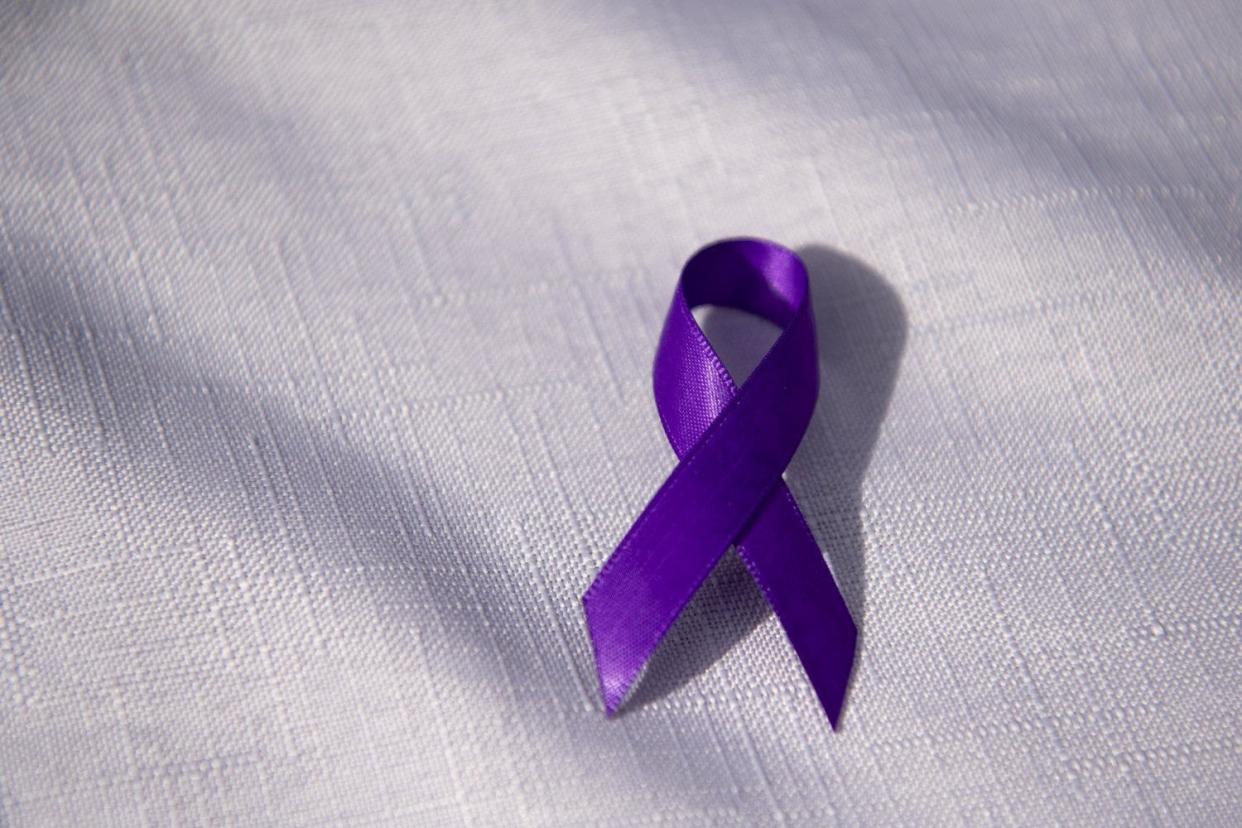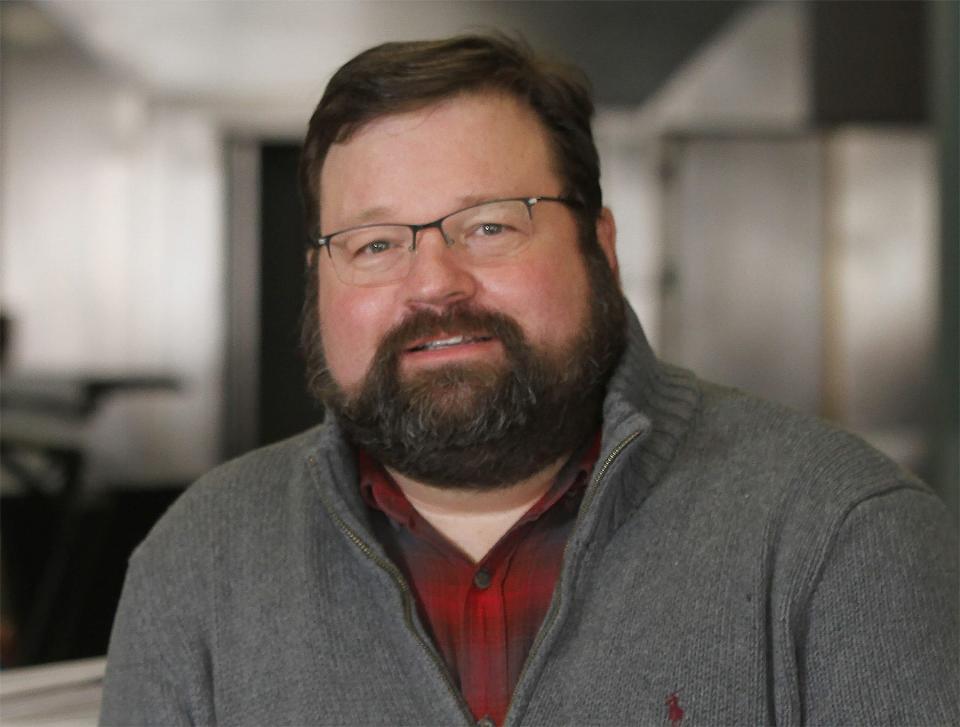Domestic violence survivor hopes to make path forward easier for others | Theodore Decker

For a full 15 years, the horror of that night hung over Diona Clark.
She wrestled with anxiety and depression. She feared being home alone, especially after dark.
The ex-boyfriend who shot her twice in 2005 finally went to prison, though not for nearly as long as she would have hoped.
Ultimately, that isn't what kept her going. Clark, 44, credits that to a blend of faith, trauma therapy and support from family and friends.
And in 2020, she felt the world around her brighten again.
"I'm on the other side of the tunnel," she said.
That is what she works toward these days — helping other survivors of domestic violence reach the far end of the tunnel.

October is Domestic Violence Awareness month, and on Saturday night, Oct. 15, the organization that Clark formed years ago, Liv Out Loud, is holding its first masquerade gala. The event is meant to bring attention to domestic violence and to raise money for another event she has planned for February.
As the years have passed, Clark has taken an interest in talking with teen girls about feeling better about themselves and recognizing the warning signs of abusive relationships. With proceeds from Saturday's gala, she hopes to expand that work by hosting a larger seminar designed for them.
"I feel obligated in the sense of, I knew what I went through as a survivor," Clark said. "I felt like I was obligated to be able to give somebody else a fair chance of not going through as much as I did."
'Tonight, I'm going to die'
Clark saw some of those warning signs in Larry C. Belcher, and her decision to end their rocky relationship prompted him to show up at her apartment one night in September 2005. He was in a rage and carrying a gun.
Clark ran from the apartment, but Belcher caught her and dragged her back inside.
Then he blocked the door and put a gun to his head.
"He's telling me he doesn't want to live," Clark told me when I first met her in 2017. "I'm thinking, 'Tonight, I'm going to die.'"
She nearly did. Belcher shot her twice and then himself. (He survived, too.)
Clark didn't understand the workings of the criminal justice system back then. When the case didn't go forward, she assumed there must have been a reason and tried to move on.
Only later, when she began advocating on behalf of other survivors at the Statehouse, did she and others press for the reason that Belcher was never charged.
It wasn't a good one. Police said they had been told Belcher would die. They didn't follow up and never bothered to charge him.
"I fell through a loophole in the justice system," Clark said.
They belatedly charged Belcher after pressure from Clark and others, but by then much of the case had been compromised. Belcher, who sustained serious brain damage from his self-inflicted gunshot and uses a wheelchair, was sent to prison for three years in 2019. He was released earlier this year.
"It gave me a small sense of justice," Clark said. "But three years for what I went through is totally crazy."
In the meantime, she began organizing domestic violence conferences in Columbus and testifying at the Statehouse in favor of legislation meant to support survivors. Ohio still needs more domestic violence shelter beds, better law enforcement training, and stronger laws to stop abusers before their violence turns deadly, she said.
Violent crime victims:Black victims underrepresented in named violent crime laws
"I want to do something impactful," Clark said.
Tickets for the fundraising gala can be found on the Liv Out Loud website, under the "engagements" tab. Sean Walton, a local attorney specializing in civil rights and police use-of-force cases, is the keynote speaker.
In past years, Clark's mentoring sessions for teens have drawn about 20 girls. She's hoping to triple that number this February. By speaking to teens, she said, maybe she can keep them from entering the cycle of domestic violence.
"Everyone wants to be loved," she said. "But there are signs."
Opinion:Teen dating violence affects 1 in 3 girls, 1 in 10 boys
And for those already caught up in domestic violence, she said, she is living proof that "there is life after trauma."
"You don't have to stay stuck in your experience. You can stand on top of your experience and live a full, happy life. You really can."
This story is part of the Dispatch's Mobile Newsroom initiative. Read our reporters' work at dispatch.com/mobilenewsroom, where you also can sign up for The Mobile Newsroom newsletter.
Theodore Decker is the Dispatch metro columnist.
tdecker@dispatch.com
@Theodore_Decker
This article originally appeared on The Columbus Dispatch: Columbus domestic violence survivor: 'There is life after trauma'

